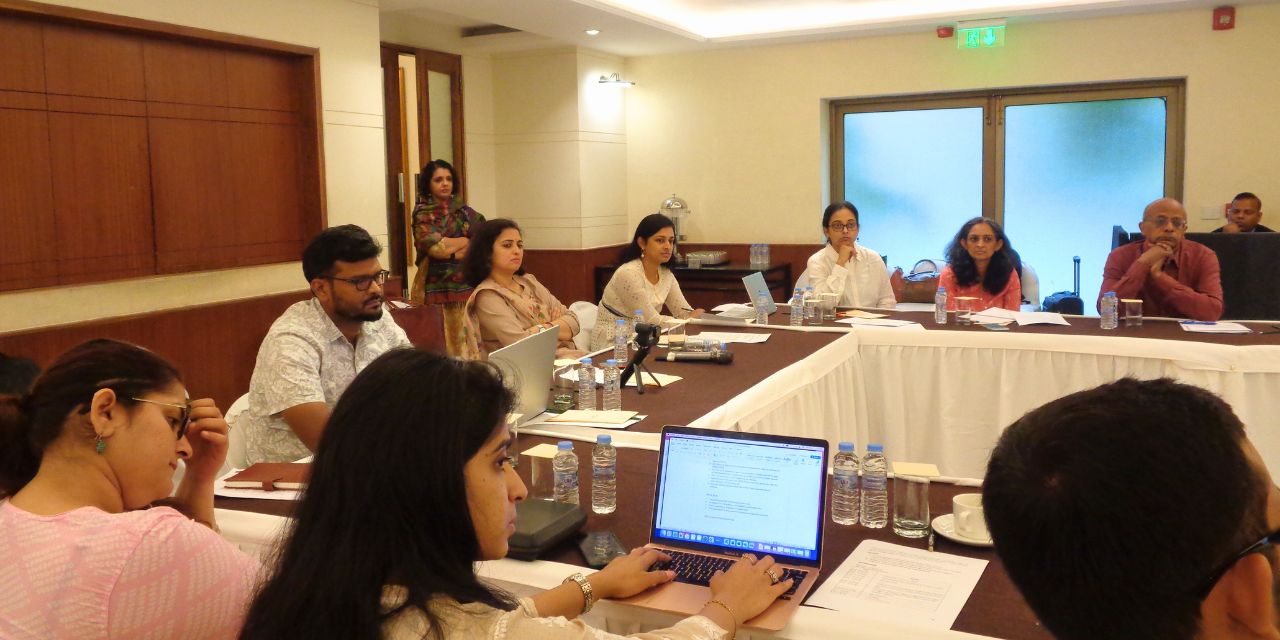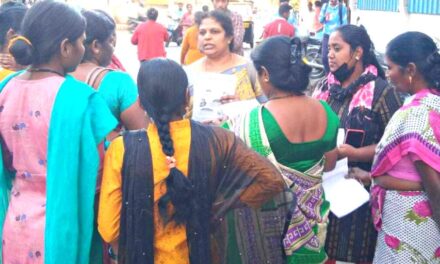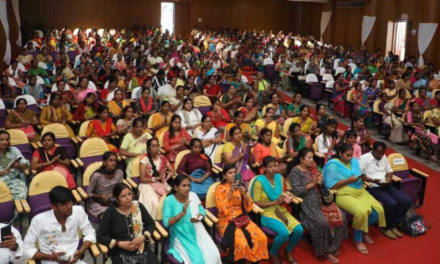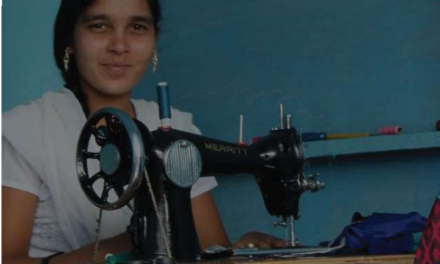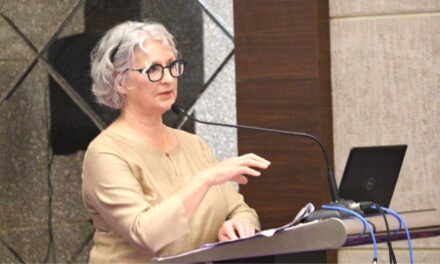BRSR or Business Responsibility and Sustainability Reporting is a framework recently implemented in India that mandates the top 1,000 listed companies to disclose information on their social and environmental impact alongside their financial performance. The framework serves as a key tool for Indian companies to demonstrate their commitment to Environmental, Social, and Governance (ESG) principles. This represents a significant shift towards greater transparency in corporate practices.
Cividep India is currently drafting a briefing paper that examines the BRSR reports of leading garment companies, and aims to offer suggestions to enhance the reporting process. The paper, while exploring BRSR’s strengths and weaknesses, also highlights its timeliness. With emerging international legislation mandating companies to track how they treat workers throughout their supply chain, BRSR can help Indian companies with more transparent reporting on labour practices.
The initial version of the paper was presented to experts during a recent consultation workshop in Delhi. The workshop’s discussions, centered on how BRSR can help integrate labour rights into India’s financial sector and corporate reporting practices.
What’s BRSR’s potential?
Participants at the consultation agreed that with the evolving global landscape of non-financial disclosures, BRSR can create a greater push for companies to tackle social and environmental issues in their supply chain. Namit Aggarwal, Social Transformation Lead, World benchmarking Alliance (WBA), shared insights from WBA’s experience in assessing apparel companies on their social and environmental impact, using international standards. He said that for many global companies, thinking and acting on ESG in a proactive way has become more pressing. This is because many countries are introducing legislations to protect human rights across entire supply chains, and not just in their own operations (for e.g. the German Supply Chain Due Dilligence Act). Some are also making non-financial disclosures mandatory. He added that the data from these is crucial for investors and asset managers looking to assess ESG risks within their portfolios.
Improves Corporate Accountability
Transparency measures like BRSR incentivises companies to improve their practices, knowing that their disclosures are being scrutinised. “From a business perspective, strengthening disclosures can position Indian companies as global leaders. This, in turn, can incentivise companies to move beyond reporting and implement robust practices throughout their supply chains,” said Shikha Silliman Bhatacharjee, Senior Policy and Innovation Adviser, Equidem, a human rights and labour rights organisation.
Viraf Mehta, former Chief Executive of Partners in Change, highlighted the role of civil society in ensuring accurate reporting. SEBI, the Indian securities regulator, is obligated to address misleading or incomplete disclosures. Ciivdep’s briefing paper has also highlighted that the analysis of a company’s non-financial disclosures with regard to various core labour standards, and environmental standards can be crucial for civil society advocacy.
Address Gaps To Strengthen Reporting
The discussions also suggested ways in which BRSR can be strengthened. Divya Varma, co-Founder, Work Fair and Free, emphasised the need for a more nuanced understanding of the supply chain. Many crucial aspects, particularly concerning migrant workers in informal settings, remain outside the purview of current reporting mechanisms. “Nano units, employing less than ten workers, often operate in industrial peripheries and are invisible to current regulations. Integrating these realities into the conversation around BRSR is essential for a comprehensive picture,” she said.
Mechanisms to ensure the accuracy of BRSR reports are crucial. Viraf emphasised the need for a mechanism for challenging reports and potentially creating an ombudsman to penalise companies for misleading disclosures.
Rahul S., Assistant Professor at Tata Institute of Social Sciences, Mumbai, remarked how compiling BRSR data of individual companies into a single, centralised source will help in better analysis. “Additionally, exploring and classifying the variables used in these reports would further enhance data usability,” he added.
The Way Forward
The participants acknowledged the potential of BRSR to strengthen reporting around non-financial disclosures in India. Cividep’s briefing paper, also focusses on how Indian companies will benefit from robust reporting on labour practices.
Sachin Joshi, an independent human rights and sustainability advisor, pointed out that the reach of BRSR extends beyond the mandated top 1,000 listed companies. Many startups are voluntarily developing sustainability disclosures using BRSR and GRI (Global Reporting Initiative) templates due to their funder’s requirements.
Shikha empasised how India’s robust BRSR framework, coupled with its G20 commitments on sustainability, can position the country as a reliable production destination.

